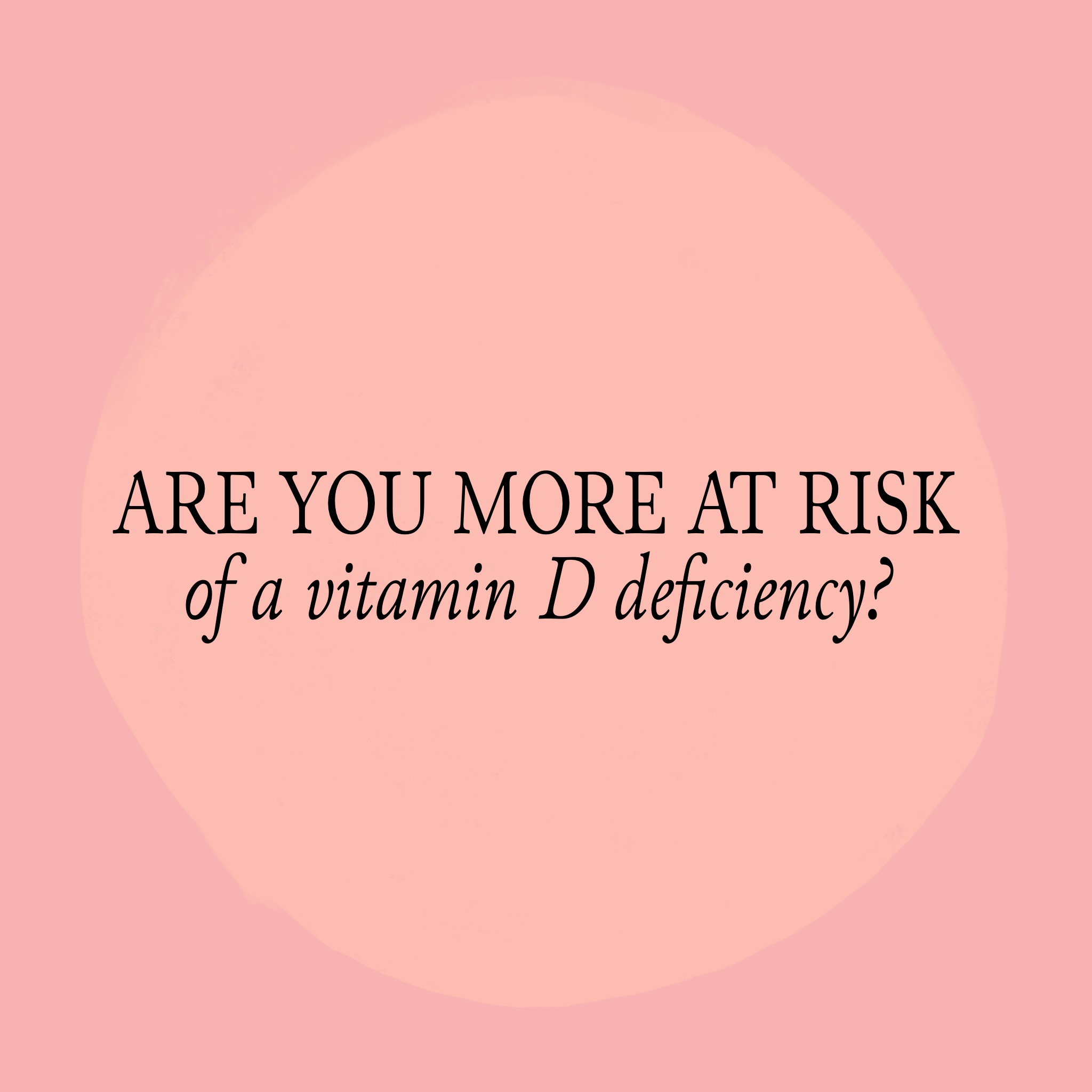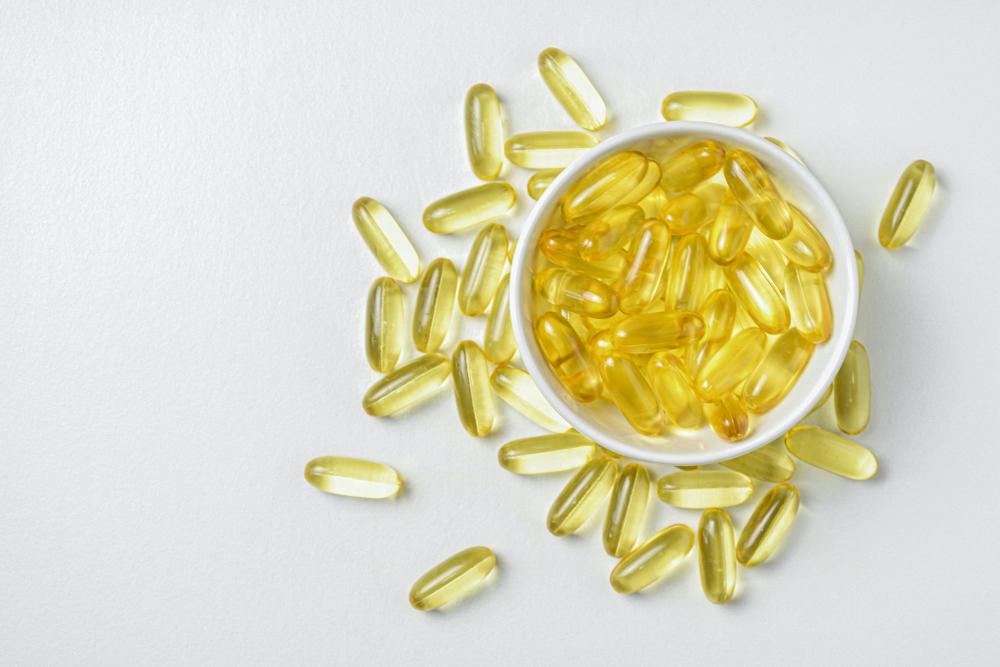Nutrition
Krystina Claire
Weekly Tip - vitamin D deficiency
on
December 15, 2022

Are you more at risk of vitamin D deficiency
Our main source of vitamin D is the sun, so supplementing with vitamin D during the winter months is key to preventing deficiency. That being said, there are other factors that can make us more at risk of a vitamin D deficiency. Have a read below
- Having darker skin - people with darker skin have higher levels of melanin which results in less vitamin D being absorbed from the sun.
- Wearing sunscreen - wearing sunscreen reduces the absorption of vitamin D, try spending 10-15 minutes in the sun before applying sunscreen.
- People who are house bound or have jobs that keep them working indoors.
- Age also raises our risk of becoming deficient - as we age our skins ability to absorb vitamin D lessens.
- Having cystic fibrosis, celiac or Crohn’s disease can increase your risk at becoming deficient in vitamin D as they reduce the intestines ability to absorb vitamin D through diet or supplements.
- Exclusively breastfed infants and especially those whose mothers were low or deficient in vitamin D during pregnancy. Breast milk contains low amounts of Vitamin D, infants need vitamin D for skeletal growth along with bone and teeth development.
- And lastly following a vegetarian or vegan diet can reduce the amount of vitamin D in the diet.
Vitamin D deficiency can cause many different symptoms throughout the body from weakened bones, poor immune function, mood disorders such as anxiety and depression, fatigue, hormone imbalances, poor cognitive function and even making us more susceptible to certain cancers. So make sure you are supplementing correctly with vitamin D over the winter months, and speak to your Doctor if you are more at risk at becoming deficient in the summer months. A simple blood test can check you vitamin D store levels.






